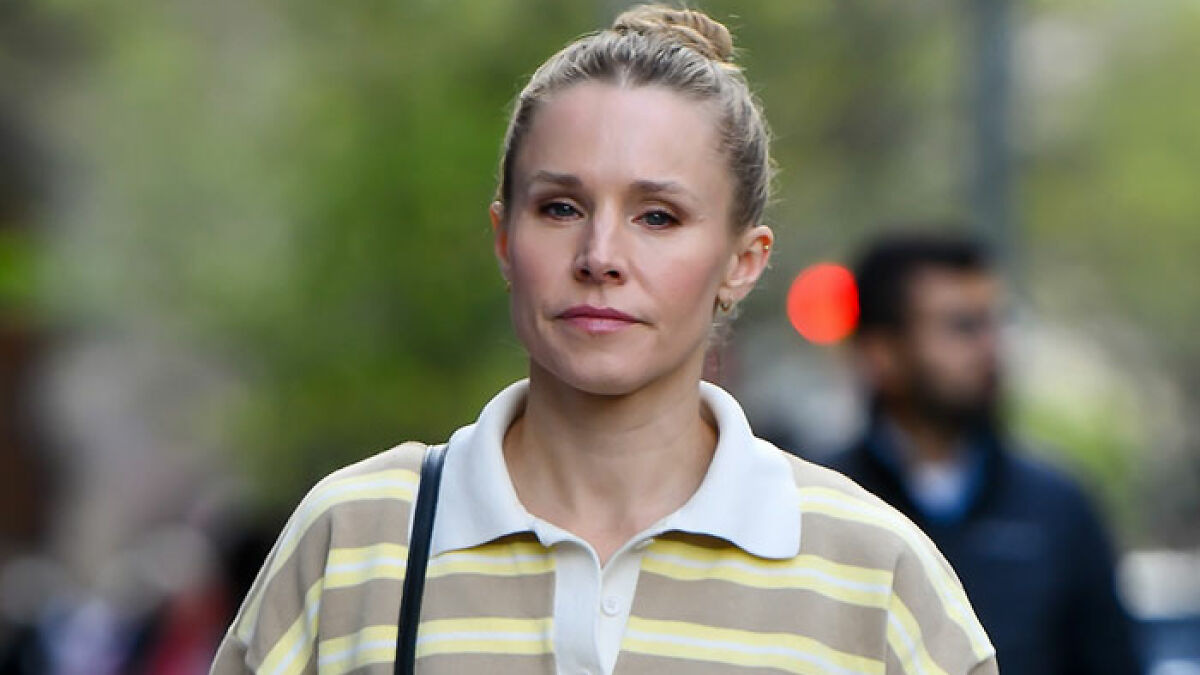A member of the globally recognized pop band Little Mix has openly discussed a deeply painful event in her life: losing a baby halfway through her pregnancy. At 24 weeks, a journey filled with hope transformed into sorrow, leaving enduring emotional wounds that she is now bravely revealing to the public.
Speaking honestly, the artist is not just working through her personal pain but also disrupting the quietude that envelops many families facing pregnancy loss. Her choice to discuss such an intimate topic demonstrates a wider cultural change where an increasing number of public personalities are contributing to making discussions about topics generally seen as overly private or distressing for public discourse more accepted.
The singer described the moment she discovered her baby no longer had a heartbeat as something that left her “broken in a way that words could barely describe.” Although she had prepared for motherhood with excitement, envisioning life with her child, the devastating news changed everything. She explained that the grief was overwhelming, not only because of the loss itself but also because of how abruptly hopes and dreams were shattered.
Medical experts conveyed to her that the infant had died in the womb, necessitating that she proceed with the physical process of childbirth even though the child would not live. For numerous parents facing similar circumstances, this aspect of the ordeal can be deeply distressing—bearing a child, going through labor, and giving birth, only to depart from the hospital without the happiness of a newborn. The singer shared that experience with deep sincerity, labeling it as the most challenging ordeal she has ever faced.
The pain of such an experience does not end in the hospital. Grief continues to unfold in waves, often appearing unexpectedly and lasting far longer than outsiders might assume. The artist has shared how difficult it was to see reminders of pregnancy and parenthood in daily life, from advertisements to the experiences of friends and family. She admitted that even simple activities could feel overwhelming when they brought back the memory of what was lost.
For her, part of the healing process involved leaning on her support system. Fellow bandmates, friends, and family rallied around her, offering compassion during the darkest moments. She explained that while their words and presence could not erase the grief, knowing she was not alone helped her endure. Speaking about the importance of support, she encouraged others going through similar losses to seek comfort in trusted relationships, reminding them that grief does not need to be carried in isolation.
The performer also contemplated the challenges of promptly resuming her professional duties, such as performing, creating music, and maintaining a public presence. As an artist used to expressing vitality and happiness on stage, aligning that persona with her personal sorrow proved to be particularly challenging. She recounted times when she stood before countless fans, discreetly bearing the burden of her sorrow, an emotional conflict that she asserts impacted her mental well-being.
One reason she decided to talk publicly at this time is to emphasize that losing a pregnancy at 24 weeks, often called stillbirth or late miscarriage, is more prevalent than people tend to assume. Health organizations report that annually, countless families across the globe endure similar losses, but many feel alone due to the lack of open discussion about it. The singer aims to break the stigma by revealing her own story and to reassure others that they are not solitary in their suffering.
She also noted that while grief is deeply personal, it is essential for society to provide more compassionate spaces for conversations about baby loss. Too often, families are met with silence or discomfort from others who do not know what to say. In her view, acknowledging the child’s existence, offering support without judgment, and simply being present for grieving parents can make a meaningful difference.
The loss led her to think more deeply about being a mother in general. Despite the sadness of this event, she retains optimism about someday becoming a parent. Concurrently, she recognizes that the memory of the child she lost will never fade away. While the baby is not with her, they are still woven into her life’s narrative, and holding onto their memory is a means of paying tribute to their brief time in this world.
For enthusiasts who have tracked her career, this disclosure introduces an additional aspect to her public figure. Although she is widely recognized as a strong singer and entertainer who has delighted countless individuals, this narrative accentuates her tender side and human aspects. The reaction from admirers has been immensely sympathetic, with countless individuals conveying understanding and recounting their personal stories of pregnancy loss. This sharing of experiences has fostered a feeling of unity, demonstrating that even in the depths of sorrow, togetherness can provide solace.
The artist’s openness also underscores a growing movement among celebrities and public figures to use their platforms to address sensitive health issues. In recent years, more individuals have spoken about miscarriages, fertility challenges, postpartum depression, and other aspects of reproductive health. By doing so, they contribute to breaking down the silence that has long surrounded these topics, encouraging more honest conversations not only in the media but also within families and communities.
Beyond the emotional dimensions, the singer’s story also draws attention to the medical realities of late pregnancy loss. Experts emphasize that while many cases occur without clear explanation, certain risk factors—such as complications with the placenta, infections, or underlying health conditions—can increase vulnerability. Health professionals advocate for regular prenatal care and monitoring, but they also stress that even with the best care, tragedies can still happen. The unpredictability adds to the heartbreak, as parents often feel blindsided despite doing everything “right.”
The grief process for parents who lose a baby midway through pregnancy is unique. Some describe it as mourning both the child and the future they had imagined. The milestones—first steps, first words, birthdays—become dreams that will never be realized. The singer echoed this sentiment, noting that part of her sorrow came from grieving not only for the baby she lost but also for the life she had envisioned together.
Throughout the years, she has looked for methods to embrace the loss as part of her life instead of attempting to leave it behind. Ceremonial acts, whether through personal contemplation, mementos, or symbolic actions, have offered solace. In her view, recalling the baby is not focused on lingering sorrow but on recognizing the bond and affection that, although short-lived, was genuine and significant.
Her story is also an invitation for more empathy in how society views pregnancy and parenthood. Too often, discussions of pregnancy focus only on the joyous outcome of birth, leaving little room for acknowledging the losses that some families endure. By sharing her reality, she is reminding the public that every pregnancy carries risks and that those who experience loss deserve compassion rather than silence.
Looking forward, the performer maintains a balance between her profession and her personal recovery path. She acknowledges that sadness doesn’t follow a straight line; some days are smoother than others, while memories and significant dates can reignite pain. However, she highlights that discussing the loss, instead of concealing it, has played a crucial role in discovering resilience.
Supporters and peers have praised her courage, understanding that sharing such an intimate experience demands openness. They view her sincerity as the trait of not just a skilled artist but also as an example of strength. The message strikes a chord especially with individuals who have faced comparable bereavements, plenty of whom convey appreciation for someone of her stature bringing attention to a topic frequently kept in the dark.
Although nothing can undo the sorrow of losing a child at 24 weeks, the singer’s choice to share her story helps ensure that her baby’s memory is preserved and that those on a similar journey feel more supported. By voicing her experience, she contributes to reshaping the societal conversation about pregnancy loss—turning silence into conversation, stigma into empathy, and loneliness into togetherness.
Her story is ultimately one of both loss and love. It is a reminder that grief, though profoundly painful, can coexist with hope. And while the pain of losing a child never fully disappears, the act of sharing, remembering, and connecting with others can offer a measure of healing. For the singer, and for countless others who have experienced similar heartbreak, that process of healing is ongoing—one day, one memory, and one story at a time.




